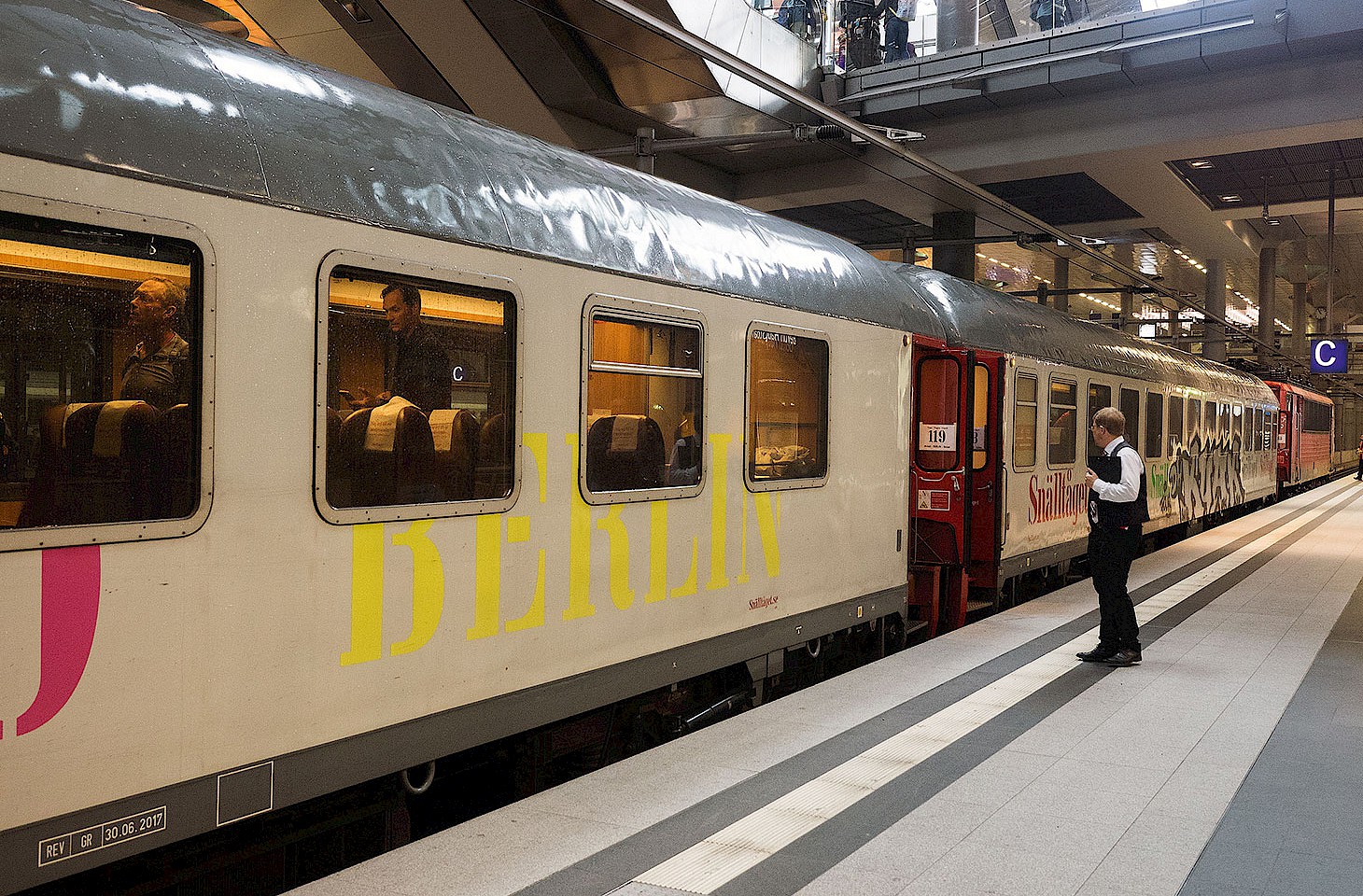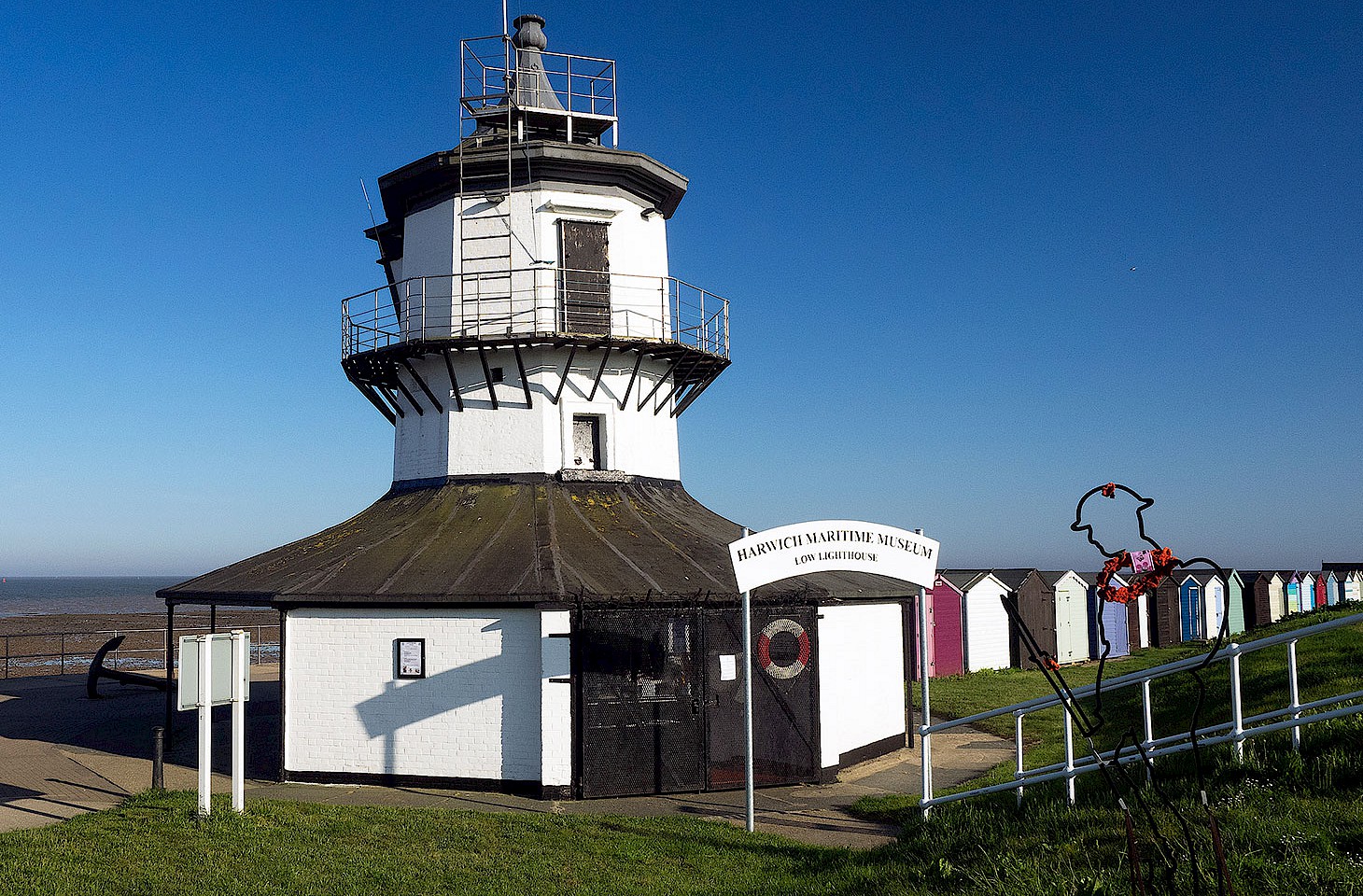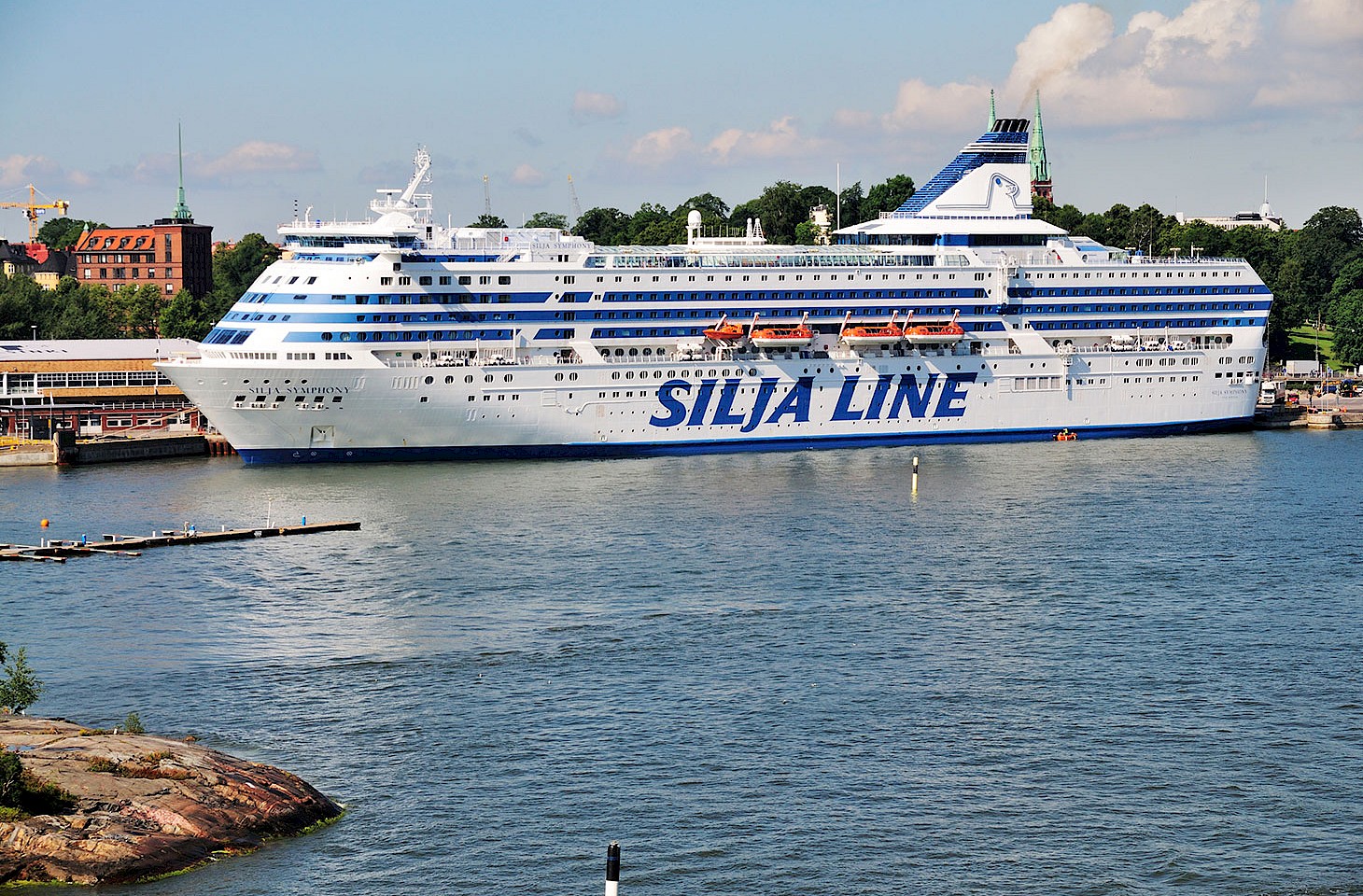Xabier Agote recalls that, even as a lad, he found ships fascinating. Picture a kid eating periwinkles from a paper cone at the tiny port of San Sebastián, his blue eyes fixed on the red hull of the Ozentziyo. That was the last real tuna vessel that fished in these waters. The Ozentziyo was a good wooden boat, the last survivor of an artisan fishing tradition which powerfully shaped the Basque national narrative. Seafaring is part of the Basque spirit.
This is a story that begins and ends on the shores of the Bay of Biscay, but which along the way criss-crosses the Atlantic several times. Xabier has aged. He’s now 53 and runs his own shipyard. By a small inlet at Pasaia, just along the Basque coast from San Sebastián, the boats that Xabier has built seem to look at him just as children might look to their father in the hope of being taken to sea.
The shipyard owner’s prodigal son is an exact 3 replica of a 16th-century Basque galleon. It’s an elegant four-storey wooden structure, inspired by the wreck of a vessel found 40 years ago on the seabed in the freezing waters of Newfoundland.
Xabier gently touches the hull of a traditional Basque boat. “Ships are shaped not merely by carpenters but by the waves and the sea currents,” he says. “A Galician fishing boat and an Egyptian felucca could never look alike,” he adds. It was a passion for traditional vessels which 30 years ago drove Xabier over the Atlantic to learn the craft of shipbuilding at a maritime museum on the coast of Maine (in the north-east United States).
Submarine archaeology
Long before Xabier made that journey to New England, at an age while he was still young enough to sit with his dad looking out to sea, another enthusiast for ships was busy working in Basque archives. Her name was Selma Barkham, and she had a considerable reputation as a maritime historian, based on her research on early Basque fishing in Canada’s Atlantic provinces. Selma pored over manuscripts about fishing ports and settlements along the coasts of Labrador, Newfoundland and Québec, looking for evidence of Basque vessels which had sunk in those icy waters.




